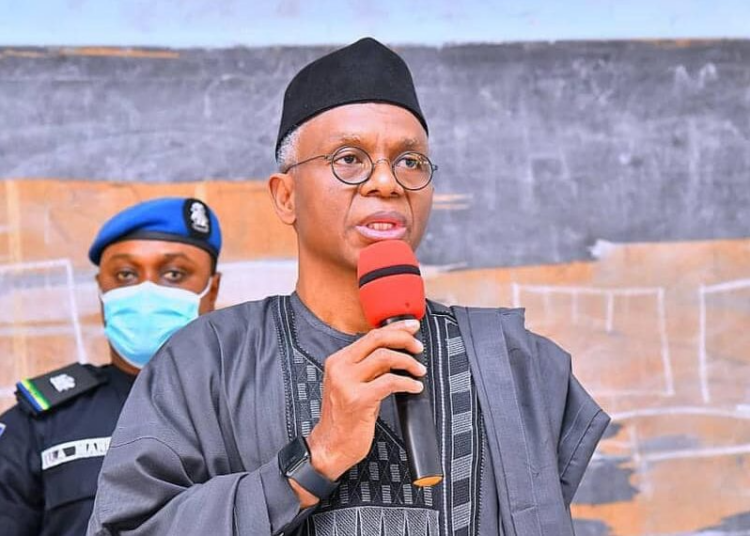Immediate-past Governor of Kaduna State, Mallam Nasir El-Rufai has defended his style of governance during his eight-year tenure, insisting that he treated all groups equally while rejecting what he described as “entitlement mentality” in Southern Kaduna.
Speaking on Channels Television’s Sunday Politics, El-Rufai dismissed accusations of religious bias, maintaining that his policies applied to all, regardless of faith or ethnicity.
“They can think what they think, I do not tolerate nonsense. Governance is not a joke. When you are governing 10 million people as I did in Kaduna, you do not discriminate between A and B. Nobody can blackmail me, because he is Christian, the law does not apply to him?” El-Rufai said.
He said that some groups in Southern Kaduna had grown accustomed to preferential treatment under past governments, which he deliberately ended.
“There are people in Southern Kaduna that feel entitled to behave in a certain way, and I did not take it. I dealt with them just as I dealt with the IMN, the Zakzaky people, who thought that they could do anything they wanted and get away with it. They are Muslims like me, but I did not take any nonsense from them. Go and ask them, they consider me an enemy. I do not care,” he said.
El-Rufai alleged that some Christian leaders in Southern Kaduna were beneficiaries of financial privileges that his government cut off.
“There are some entitled Southern Kaduna Christian leaders who are used to getting money every month from the government, who are used to being given $20,000 to go for medical check-up every year. I stopped it, just as I stopped funding pilgrimage, just as I stopped many other things that are a waste of government resources,” he stated.
On the issue of representation in government, El-Rufai rejected claims of marginalisation, arguing that the state’s appointments were based on equality across senatorial districts rather than religious or ethnic considerations.
“The eight local governments of Southern Kaduna accounted for over 60 percent of the civil service when I was there. So, who is talking about marginalisation? After I announced my cabinet, Southern Kaduna leaders said they had been short-changed because they got only 25 to 30 percent of positions, as opposed to the 50 percent they were used to. And I asked, on what basis? PDP was rigging in Southern Kaduna and overturning results from Northern Kaduna, so they gave them 50 percent. I did not rig my election, I won. There are three senatorial districts; we made appointments on the basis of equality. That entitlement had to be weeded out,” he explained.
Addressing his support for the ruling All Progressives Congress (APC)’s Muslim-Muslim presidential ticket in the 2023 elections, El-Rufai insisted it was purely a political calculation.
“It was not a religious strategy, it was a strategy to win the election—and clearly, it worked. When you are contesting an election, you look at every variable, every index, every criterion that will help you win. That is what people do. It has nothing to do with religion,” he said.
El-Rufai added that he remains indifferent to criticism about his political or religious stance. “Those that think I am a fundamentalist do not know me. They have never met me. The reason why my enemies are vehement in hating me is because I do not care what they think. I am very comfortable with who I am and what I am,” he concluded.






